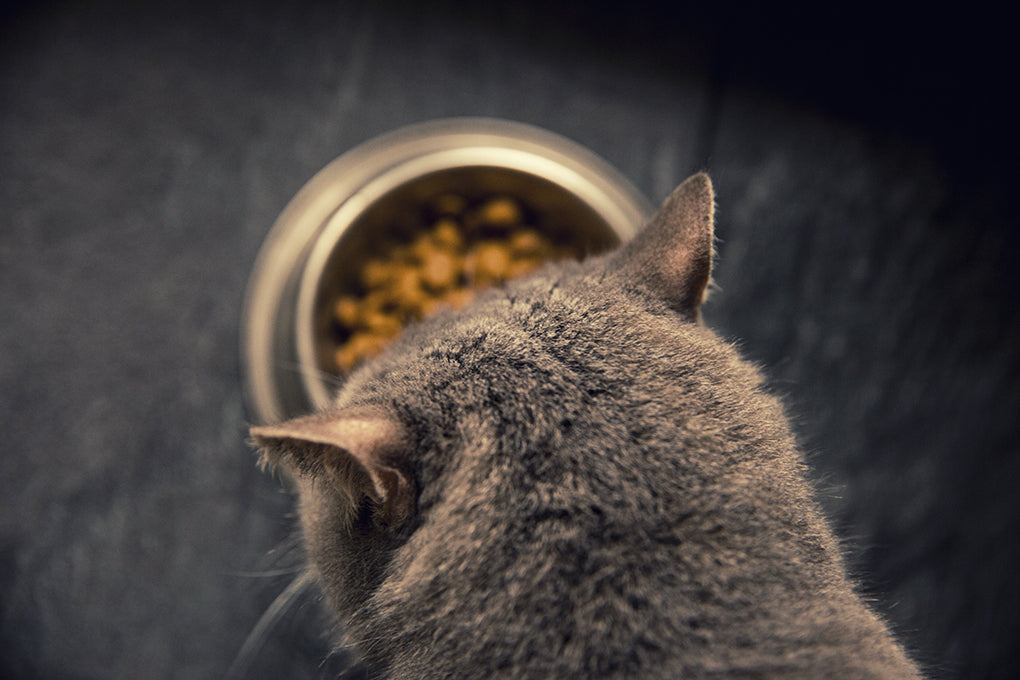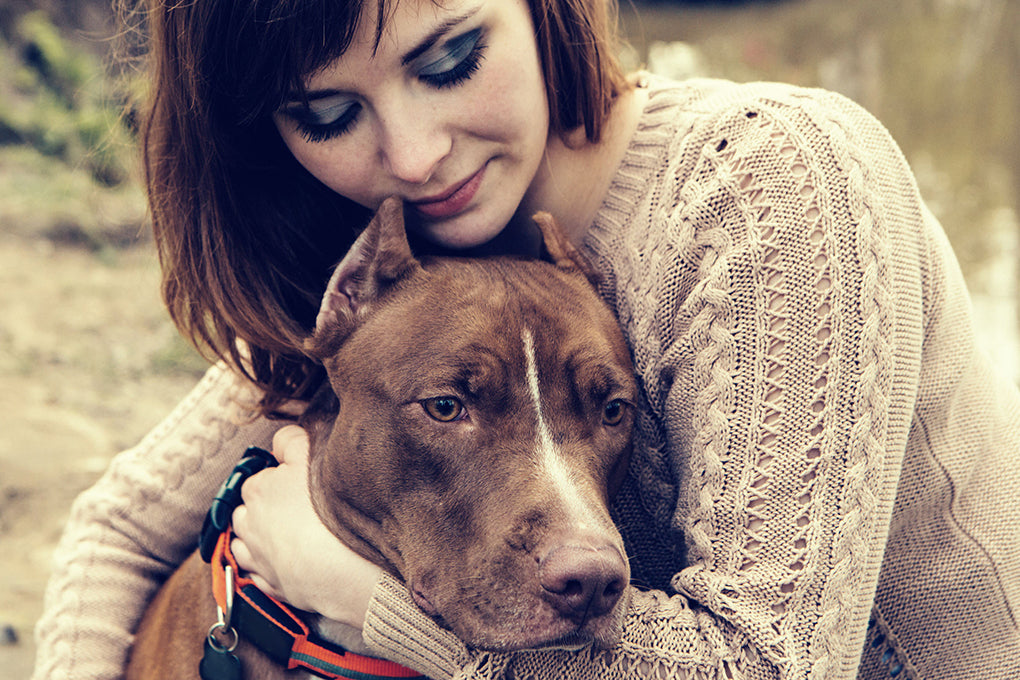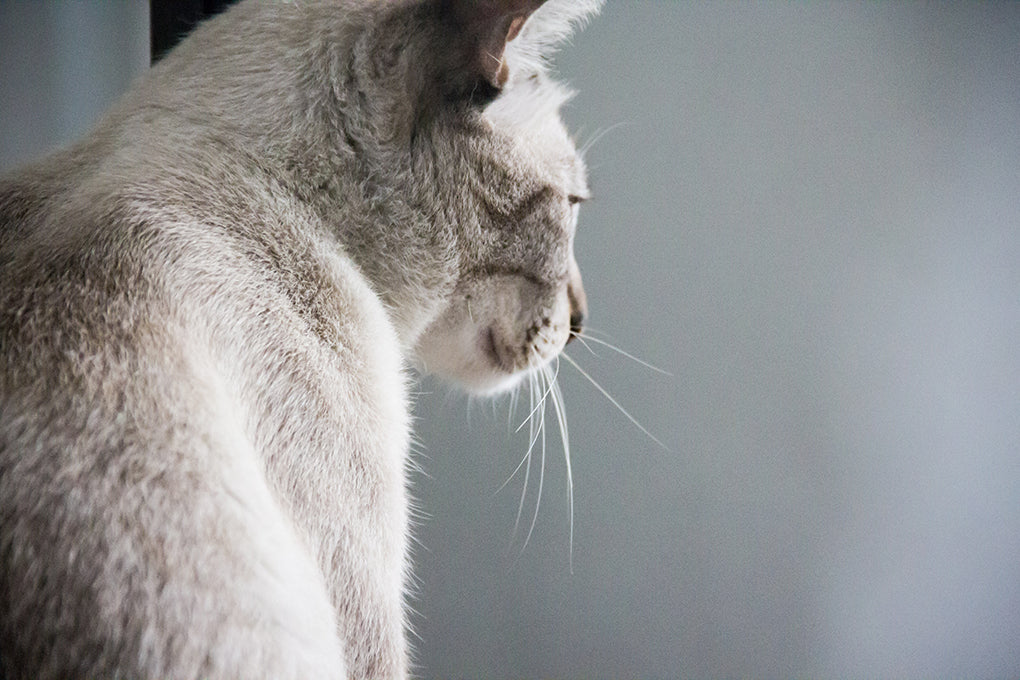
What type of diet is most suitable for a cat diagnosed with cancer?
If your feline companion has been diagnosed with cancer, you’re likely searching for the best nutritional strategies to support their health and recovery during this difficult time.
Cancer affects a significant portion of cats, with studies showing that nearly one in four cats may face this disease during their lifetime—a figure that seems to be rising.
- Discover more here: 👉 Help your cat combat cancer naturally with our supplement 🐱
The sheer volume of dietary advice online can be overwhelming and contradictory. To clear up confusion, we consulted natural health professionals to deliver trustworthy recommendations.
We know how tough this journey is for both you and your cat, and we aim to support you every step of the way.
For a comprehensive resource on managing feline cancer, visit our in-depth guide.
Can altering your cat’s diet help in their cancer treatment? What foods are best suited for cats fighting this illness? Below, we outline several dietary approaches to support your cat’s vitality and comfort.
Choosing the right nutrition plan for a cat with cancer
No single diet fits all cats diagnosed with cancer.
Nutrition should be tailored individually, considering clinical signs, veterinary assessments, and lab results.
Because sick cats often develop selective appetites, offering foods they enjoy is crucial for maintaining intake.
Assessing your cat’s body condition—including fat reserves and muscle tone—is key to deciding the proper diet.
While some cats might be overweight at diagnosis, others could be underweight with muscle loss, and each case requires nutritional adjustments.
Maintaining muscle mass is vital for overall health, even in heavier cats.
Your goal should be to provide a diet that aligns with your cat’s unique health needs.
Overview of dietary choices
Options range widely, from raw and ketogenic diets to grain-inclusive, high-protein, low-carb, or liquid feeding methods. Let’s clarify these to help you make informed decisions.
Raw diets
Raw feeding remains controversial due to limited evidence and potential risks of bacterial contamination.
Cats battling cancer typically have weakened immune systems, increasing the risk that raw foods could introduce infections.
As a result, raw diets are generally not advised for sick felines.
Ketogenic nutrition
This approach features high fat, moderate protein, and very low carbohydrates, encouraging ketosis in humans.
However, there is little research supporting its effectiveness or safety for cats, especially those with health challenges.
Given cats’ need for substantial protein as strict carnivores, following veterinary nutritional advice remains the safest path.
Diets rich in protein and including grains
Protein is essential for muscle preservation and energy.
While the AAFCO minimum is 26% protein for adult cats, many vets recommend higher amounts—35–45%—mirroring the protein levels in natural prey.
Excessive protein intake can strain kidneys, so balance is important.
The idea that grains harm cats is largely unfounded; most tolerate grains well, and carbohydrates help spare protein to preserve muscle.
Liquid nutrition
If your cat struggles with eating due to mouth pain or other issues, liquid or softened food may ensure they get enough nutrients and fluids.
Proper hydration is critical since illness often predisposes cats to dehydration.
Do canned foods increase cancer risk?
There is no clear evidence that canned food causes cancer; however, feeding low-quality canned products regularly may contribute to other health concerns, such as urinary tract problems.
Stimulating Appetite in Cats with Cancer
Appetite and taste changes frequently occur in cats undergoing cancer treatment. Here are several strategies to encourage eating:
- Gently warm food to enhance its smell and appeal.
- Add water to dry kibble to modify texture and boost fluid intake.
- Ask your veterinarian about appetite stimulants if needed.
- Introduce new foods slowly to discover your cat’s preferences.
- Try feeding by hand to offer reassurance and coax eating.
- Consider canned food, which tends to be tastier and helps keep cats hydrated.
Feeding a Cat That Has Lost Interest in Food
When a cat stops eating, owners often try tempting them with various human foods. However, some of these may upset the digestive system, causing diarrhea and worsening dehydration.
If your cat shows nausea signs like drooling or refusal to eat, avoid giving strong-flavored or heavy leftovers.
Start offering bland, easily digestible options like boiled chicken paired with plain white rice, which are gentler on the stomach.
How Long Can a Cat Go Without Eating?
It is crucial to resume feeding your cat as soon as possible after appetite loss.
Even brief fasting can lead to severe complications such as hepatic lipidosis (fatty liver disease), a potentially fatal condition if untreated.
Simple Homemade Meal for a Selective Cat
If your cat isn’t nauseated but refuses usual meals, try this easy recipe. Note, it’s not intended for long-term feeding.
Ingredients:
- 1 cup canned mackerel (rich in omega-3 fatty acids)
- 1 tablespoon sunflower oil
- 1 to 2 tablespoons chicken broth
Supplements to Support Cats Battling Cancer
Certain supplements, including omega-3 fatty acids and probiotics, can be beneficial during cancer treatment for the following reasons:
Omega-3 Fatty Acids (Fish Oil)
These fatty acids are known to reduce inflammation and promote cardiovascular and cognitive health. They may also help prevent muscle loss in cats with cancer.
Probiotics
Probiotics support intestinal health by maintaining balanced gut flora and strengthening immune function, which is especially valuable during illness.
Discover top probiotic options for cats here.
Natural Supplement to Support Your Cat’s Cancer Journey
Strengthening the immune system is key during cancer care to fight the disease and prevent recurrence. Our PIPTOANIMO contains Piptoporus Betulinus, a medicinal mushroom that supports general well-being during cancer treatment and complements conventional therapies for sustained health.
In Summary
Ensuring your cat maintains calorie intake is essential, particularly during chemotherapy when nausea may reduce appetite.
Natural supplements can be a valuable aid in this context.
Have you used natural supplements to support a cat with cancer? Share your stories in the comments—we’re eager to hear what has worked for you and your furry companion.
If your cat is undergoing cancer treatment or you have any concerns about their health, please reach out. We are here to assist you.

























Leave a comment
This site is protected by hCaptcha and the hCaptcha Privacy Policy and Terms of Service apply.